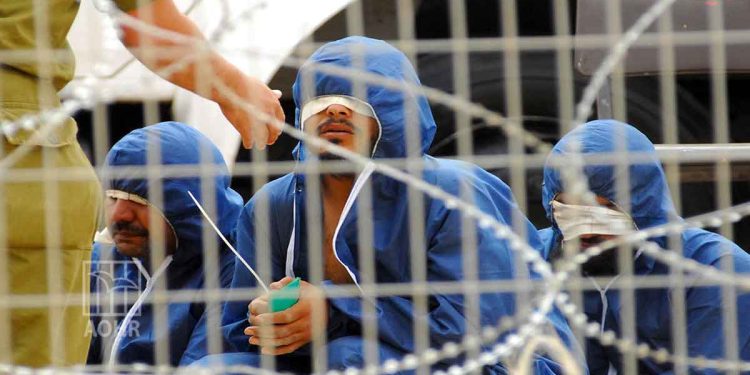Approximately two thousand Palestinian prisoners are preparing to begin a hunger strike this Thursday 22 March, to coincide with the first day of Ramadan.
The collective strike follows the breakdown of discussions between prisoners and Israeli
authorities over the latter’s increasingly repressive measures against detainees.
The measures are the policy of Israel’s new far-right Minister of National Security, Itamar Ben-Gvir
Palestinian detainees across the Israeli prison system have practiced collective “disobedience” for nearly 40 days against Ben-Gvir’s measures.
Several members of the emergency committee of the Captive Movement, a Palestinian detainee organisation, began a hunger strike yesterday.
Since beginning their hunger strike, several committee members have been transferred from their designated prison. Several of them have effectively disappeared.
The current whereabouts of Zaid Bassisi, previously held in Gilboa Prison, Bassem Khandakji, previously held in Nafha Prison, and Wajdi Joudeh, previously held in Negev Prison, are unknown.
Since mid-February 2023, prisoners across the Palestinian prison system have protested against measures introduced by Ben-Gvir.
Abusive measures include limits on the amount of water detainees are allowed, and various restrictions on access to showers. Detainees’ food has been deliberately worsened. In Nafha Prison, numerous punitive searches of prisoners’ cells have been conducted, including with dogs.
The use of solitary confinement has increased.
At the same time, a draft law depriving prisoners of the right to adequate healthcare has passed an initial stage in the Israeli knesset. Another law introduces the possibility of the death sentence against detainees who resist occupation authorities.
At the end of January 2023, there were 4,780 Palestinians in Israeli prisons and other detention facilities, including 29 women and 160 children.






























